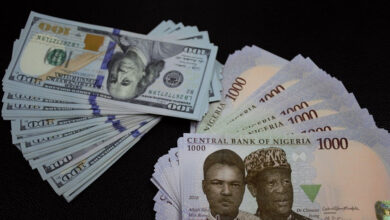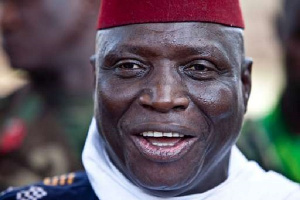Egypt election: President Sisi wins third term

The former army chief beat three low-profile candidates, with the runner-up securing only 4.5%.
Leading opposition candidate Ahmed Tantawy had pulled out months before last week’s poll, claiming intimidation and violence against his campaign camp.
Egypt’s faltering economy and the war in Gaza were key electoral issues.
Mr Sisi, who is 69, first became president in 2014, a year after he had led the military’s overthrow of his Islamist predecessor Mohammed Morsi.
Mr Sisi won again in 2018. The victory in the latest election means he will be in power until 2030, when he is barred by the constitution from running again.
Under his leadership, huge sums of money have been spent on big infrastructure projects.
Roads have been expanded and flyovers built, and a new capital costing billions of dollars has been constructed near Cairo but is barely inhabited.
Critics say this has drained much of the country’s economic resources and created unprecedented levels of debt that have crippled the economy.
In the past nine months, the Egyptian pound has lost more than 50% of its value against the US dollar.
With the Egyptian economy heavily dependent on imports, the prices of basic commodities have skyrocketed beyond the reach of many households and a black market for foreign currency has flourished.
Official figures show that nearly 30% of Egypt’s 100 million population lives below the poverty line.
Egyptian opposition groups complain they cannot operate effectively due to a constant crackdown on dissent.
Human rights campaigners are also complaining about tight security restrictions. They say it is increasingly difficult to document alleged abuses.
Egyptian authorities deny the allegations.
Source: bbc.com





